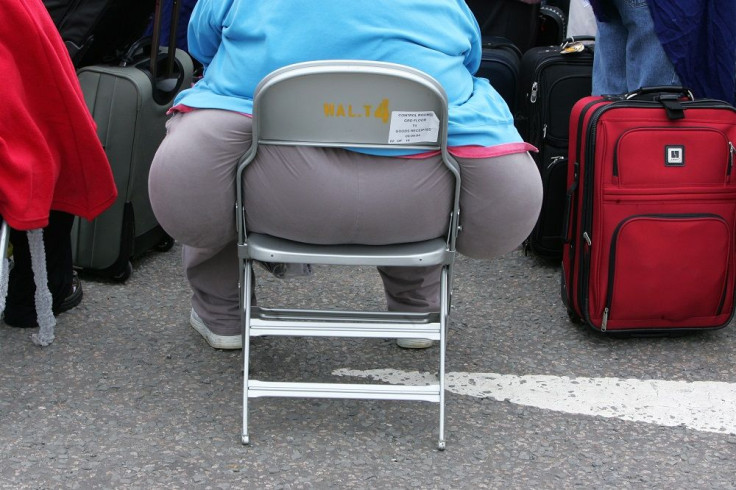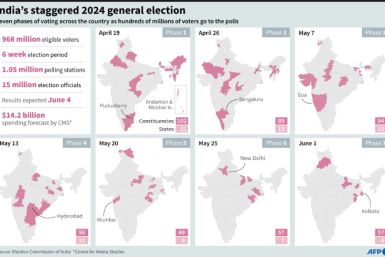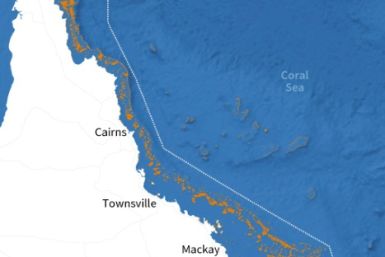Obesity may lead to nearly 700,000 new cancer cases and millions of diabetes, heart diseases in 20 years

There could be around 700,000 new cases of cancers in the UK in the next 20 years that are linked to being overweight or obese. A new report from the Cancer Research UK and the UK Health Forum warns that about three in four adults could be overweight or obese by 2035, but more people will already be obese than overweight by 2030.
Aside from the alarming rate of new cancer cases, the report also predicts that the increasing rates of obesity and being overweight in the UK could lead to 4.6 million new cases of type-2 diabetes and 1.6 million additional cases of heart disease. Combatting these health problems would cost the NHS about £2.5 billion (AU$3.8 billion) each year by 2035.
However, Cancer Research UK believes small changes could dramatically reduce the impact of obesity and being overweight. A 1 percent decrease in the number of obese or overweight people every year entering the healthy weight category could prevent over 64,000 cancer cases by 2035 and save the NHS £300 million (AU$463 million).
The poorest is the most affected by obesity, the report shows. Nearly 50 percent of women who are part of the lowest income bracket are expected to be obese over the next 20 years, while present overweight children are at high risk of being obese adults, which may increase their risk of cancer and other diseases.
To prevent the future impact of obesity, Cancer Research UK wants the government to ban TV advertising of junk food by 9 pm and to promote a 20p per litre tax on sugary drinks. These are aimed to reduce the amount of sugar consumed by children and teenagers.
“We’re raising a generation of children in a society where junk food is cheap, widely advertised, and packed full of sugar so it's difficult to teach them how to make healthy choices,” said Jamie Oliver, petitioning for a UK tax on sugary drinks. “We need to give these kids a chance to be healthier adults - starting with a tax on sugary drinks to tackle obesity and diet-related disease in young people.”
Cancer Research UK Director of cancer prevention Alison Cox backs Oliver’s plan to restrict the marketing of sugary food to children to fight the obesity epidemic. “It’s vital the [government] restricts this kind of advertising if we are to give our children the chance for better and healthier lives.”
“Kids are bombarded with advertisements for unhealthy food,” she said. “We need to attack the obesity problem on many fronts and we must act now… otherwise our children will pay the price and the next generation will have poorer health, face more disease and die earlier.”






